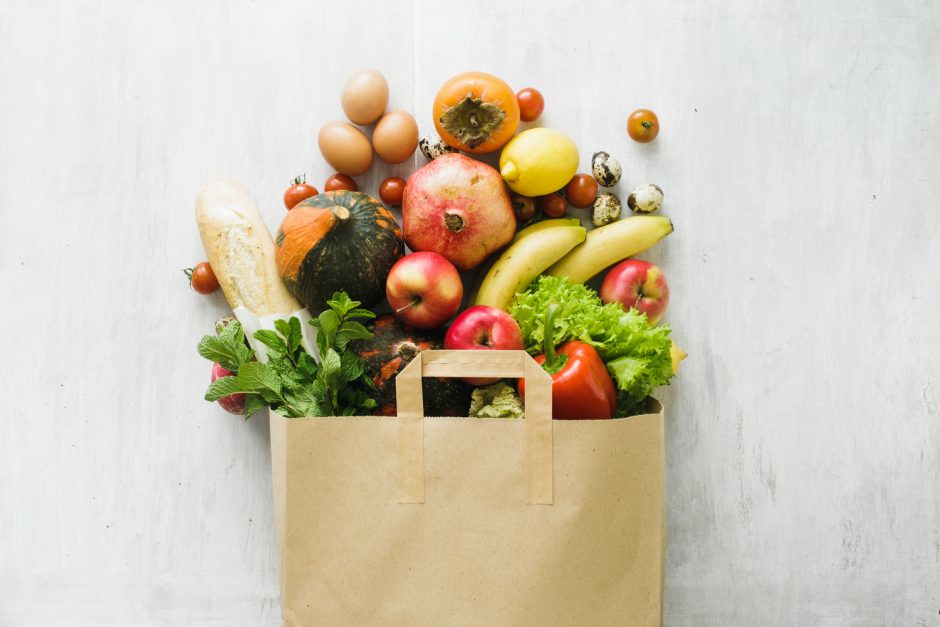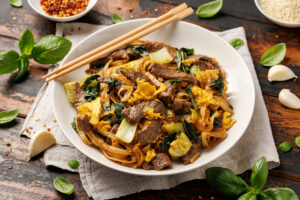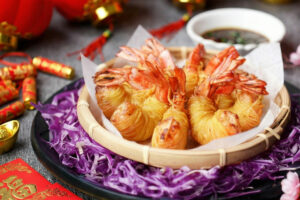The Deep Roots of Chinese Cooking in Thai Cuisine
Discover how Chinese cooking has shaped the gastronomic evolution of Thai cuisine!
Discover the authentic in Asian cuisine food

Australians spend almost $100 per week on groceries on average. Obviously, if you’ve got a big family you could spend up to 3 or 4 times that. Australians are also wasting more food than ever before. Despite push towards sustainable practices, food waste costs the Australian economy hundreds of millions of dollars every year and rotting food waste in landfill is one of the biggest emitters of greenhouse gasses.
We as a group of people need to plan our meals better so that we can save ourselves money and the economy as a whole. And planning really is the key. If you can figure out how many days a week you’ll be eating at home and how many people you’ll be feeding, you can shop accordingly.
But it’s simple enough to say “plan more” without actually providing anybody with any help. So we’ve come up with some strategies to help you – and those you eat with – to save some money and keep your footprint as minimal as possible.
Figure out what you’re going to eat during the week, how often you’ll be home and what time you’ll start cooking. And be realistic. If you’re working 12 hour days or getting home all hours of the night, then it’s not a good idea to plan a banquet on a Wednesday. Put the meals into your calendar – paper or online, it doesn’t matter, on your fridge, a chalkboard or wherever you’re going to look regularly and remember.
Once you’ve planned out your realistic meal plan, start writing out the shopping list. But pay attention as you do. A lot of recipes are designed to feed 4+ people, and if it’s just you or you and your partner, that’s probably more food than you need. If you’re happy to eat leftovers for a few days afterwards than by all means stock up! Split the ingredients up by type not by recipe. This means to put all the vegetables together, all the proteins together and all the extras – like sauces, oils or noodles – together. Not only will it make it easier to shop, but you’ll also see where there are double ups and make buying the right amount of ingredients easier.
Need soy sauce and Chinese rice wine? Check your cupboard before you head out. Need some chicken breasts? Check your freezer in case you’ve got some lying around from when you bought a bulk pack last month. Not paying attention to what you’ve got already stocked is one of the main ways to increase your food wastage. Just like Santa, make a list, and check it twice – once against your meal plan and once against your cupboard, fridge and freezer.
It’s cheaper to buy in bulk than it is to buy individually, but obviously, you run the risk of more wastage. So shop sensibly. If you know you can buy a 6 pack of chicken breasts for the same price as s 4 pack, then plan another meal using chicken or freeze the extras. Meat can last for months in your freezer if stored correctly. The biggest problem can be vegetables and herbs, especially if you like the fresh flavours of Asian cooking. If you only need a few sprigs of coriander, don’t buy a bunch. And if you have to buy an entire wombok, just like the chicken, plan some extra meals to get through as much of the fresh produce as possible.
Some great places to shop for cheaper groceries are you local Asian supermarkets. The quality might not be top-top-notch, but you’ll often find herbs, chillies and Asian veggies at cheaper than supermarket prices.
If you live close enough to a fresh market, like Queen Victoria Market in Melbourne or the Adelaide Central Markets in – you guessed it – Adelaide, then head down Sunday afternoons for a bargain. The fishmongers and greengrocers drastically cut their prices to clear as much stock as possible before close. If you’re pretty flexible with what you’re willing to eat, then it’s a perfect time to grab some great produce as dirt cheap prices. Some greengrocers will have a bargain box sale – basically, fill a cardboard box with as much stuff as you can for a fixed price sometimes as low as $10!
Keep the fresh stuff as fresh as possible! Use your fridge and freezer! Keep herbs in water to extend their life, use Tupperware to keep half-used veggies and fruit, peeled herbs and diced onion. Store your leftovers in plastic containers and freeze it if you don’t plan to eat it immediately!
WE all love fresh food, but if you store smartly you can eat off one shop for a lot longer.

Discover how Chinese cooking has shaped the gastronomic evolution of Thai cuisine!

Crispy outside, savoury and tender within, these noodle-wrap prawns are sure to delight!
-300x200.jpg)
Enjoy the rosy layers of sweet Kuih Lapis with our step-by-step recipe!